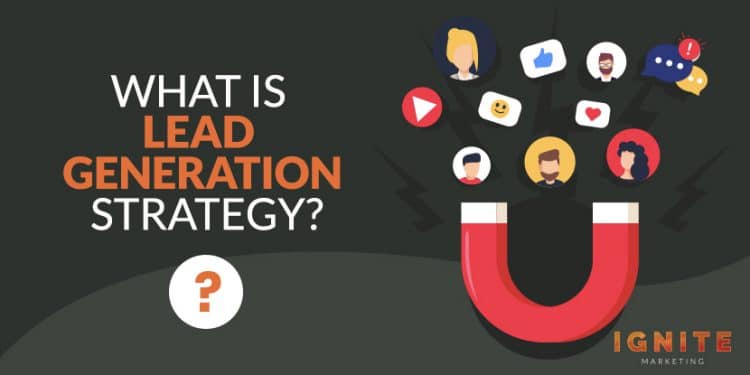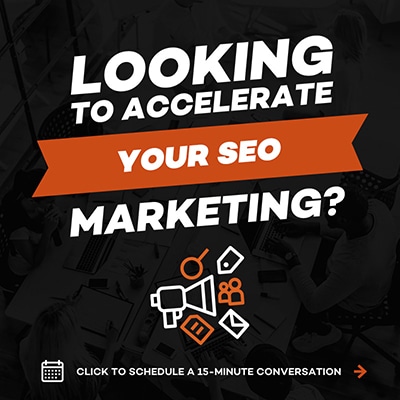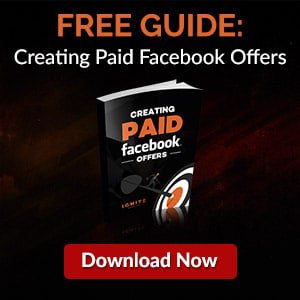


Generating leads without a strategy is like trying to travel somewhere new without a GPS or map.
Sure, you might find your way there in a timely fashion. But you're far more likely to wind up in another state with an empty gas tank.
To reach your revenue goals in a reasonable time frame and avoid getting lost along the way, you need to plan out a lead generation strategy in advance.
So, what is lead generation strategy? Lead generation strategy is a carefully formulated plan that helps you attract consumers interested in your business and obtain their contact information.
This article will walk you through the essential elements of a modern lead generation strategy.

People aren't actively looking to give away their contact information. If you want to get the email addresses or phone numbers of interested consumers, you've got to offer them something in return.
That something typically comes in one of three forms: educational content, a discount/coupon, or a free trial/demo.

Creating a useful piece of educational content won't generate leads unless you've got a website to host and support it. And if you want to bring in traffic from search results, that website needs to be optimized for SEO.
Here are a few tips for creating a website that ranks well in the search results.

Let's pretend your marketing strategy is a house.
Lead generation creates a big door for customers to enter the house through. That door — and the house itself — couldn't exist without some bricks laying down a foundation.
Content is that foundation.
Without a collection of high-quality content to attract consumers to your website and lead magnets, your lead generation efforts will be virtually useless. No one will have any reason to visit your site, which means nobody will give you their contact information in exchange for a lead magnet.
The exact type of content you end up creating doesn't matter all that much. What matters is that it's helpful and thorough.
Aside from attracting people to your business, creating content for lead generation also helps to establish your business as a thought leader in your industry.
By creating comprehensive guides and teaching people about innovative techniques, you can stand out from the glut of humdrum content clogging the search results and become a valuable resource for your target market.
If consumers view you as a trusted authority, they'll be eager to trade their contact information for premium educational content you've produced. And once you've turned them into leads, they'll be more open to your lead nurturing tactics and will be more likely to buy when you ask them to.
If your product or service happens to provide a solution to the reader's problem, then go ahead and suggest the reader make a purchase.
However, direct promotion is not the reason you're producing content. The primary purpose of all this is to help people. In helping them, you will build a relationship based on trust. Consumers who trust you will be more open to taking your advice, becoming a lead, and eventually buying your product.

There are many viable ways to generate leads. Almost all of them involve content, so make sure you've got a batch of useful content, or at least a compelling lead magnet, before you start asking for contact information.
Sharing your content on social media is an excellent way to drive traffic to your website. And as long as you've set up sign up forms for your lead magnets, some of that traffic will give you their contact info and become leads.
If you don't have much of a social media following, posting content can still be effective. Some platforms let you pay to boost your content and reach people who don't follow you but still might be interested in what you're offering.
Facebook is one of the best advertising platforms for lead generation, mainly because it has an ad format specifically for generating leads.
Facebook lead generation ads allow you to offer a lead magnet and obtain consumer contact information without forcing the consumer to leave Facebook. This is incredibly beneficial, as most people don't want to leave Facebook to travel to your foreign, unknown site. They're much more comfortable staying within the comfortable boundaries of the familiar social network.
The other benefit of using Facebook ads to find leads is that you can take advantage of Facebook's powerful microtargeting capabilities. When crafting your advertisement, you can specify the demographics, interests, and other characteristics viewers of your ad should have. This lets you get a higher ROI on your advertising budget by only showing your ad to consumers who fit your buyer persona.
While YouTube doesn't have an ad format created explicitly for generating leads, running ads on the video platform can still bring in a ton of qualified traffic. Create an engaging video and target likely buyers to drive traffic to your lead-optimized website.
Consumers have changed.
In the old days, the lack of research opportunities made them much more willing to make a purchase decision based on a clever slogan or the recommendation of a salesperson.
That isn't the case anymore. The internet has made people more informed than they used to be.
If you want to sell something to this new kind of educated consumer, you need to establish yourself as a trusted authority, use that trust to obtain contact information, and nurture your contacts until they decide to buy.
And you can't do any of that without a robust lead generation strategy.
